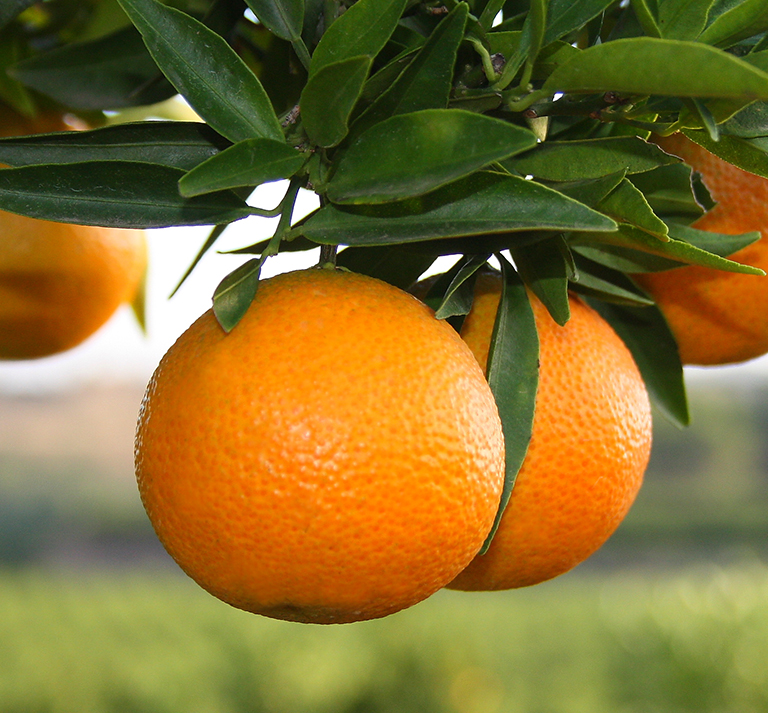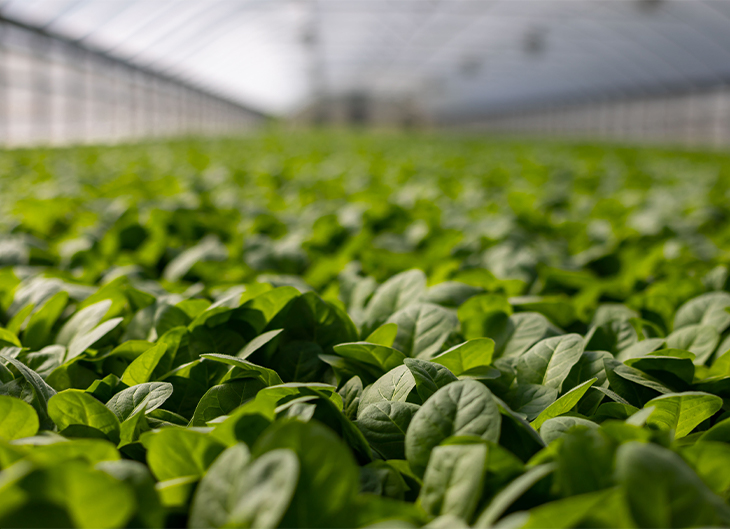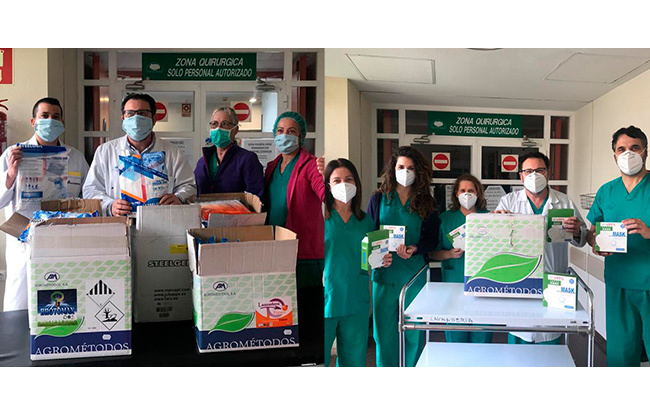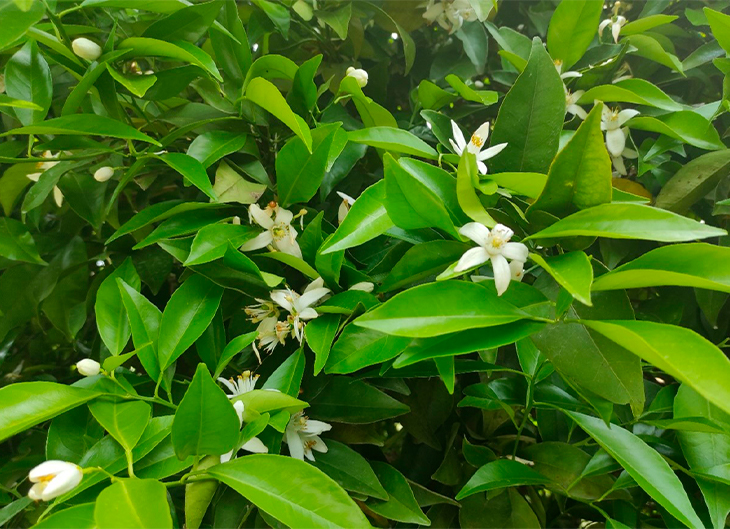
Floral regulation in citrus varieties with problems of alternation in harvest
Alternate or neighboring production occurs in some late-ripening citrus varieties in which, a year of abundant harvest is followed by another in which production is very low. Inhibition of flowering by fruits is the main cause of neighborhood and, therefore, when trees of alternating varieties bloom normally and produce a high harvest, they tend to form very few flowers the following year, which means a loss of production.
The floral induction process begins several weeks before floral initiation. The time of floral induction depends on the species and variety, and is altered by both physiological and environmental conditions; in evergreen fruit trees it is usually produced between late autumn and winter (with exceptions).
Floral induction is influenced by external and internal factors:
- • Juvenileity and genetic characteristics.
- • Constitution and formation of the plant.
- • Nutrition, growth and reserves of the plant.
- • Availability of water.
- • Lighting.
- • Temperatures.
- • Interventions in plants and cultural activities:
- • Modification metabolism-hormonal balance.
- • Defoliations – photosynthesis reduction.
- • Intense pruning. Thinning of fruits.
- • Reduction vigor – inclination, ringing.
- • Applications of phytoregulators:
- • Gibberellins inhibit induction.
- • AIA in shoots inhibits growth in basal buds – induction.
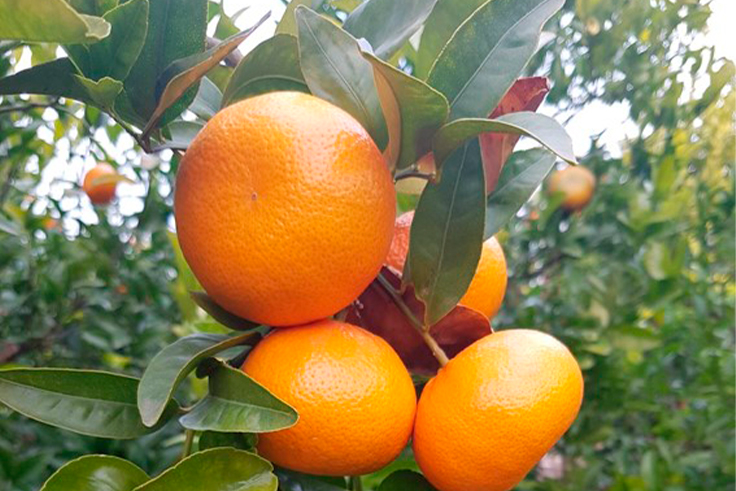
In the molecular aspect, the inhibition of flowering by fruits is mainly due to the repression of expression in the leaves of a gene (CiFT) that is responsible for regulating the process of floral induction in several species, including citrus fruits. Indeed, the expression of this gene (CiFT) increases progressively during the period of floral induction in the leaves of trees with low productions, while in those of trees with high productions this increase does not occur, so the activity of the gene remains at a very low level.
In most of the citrus varieties grown in our country, the appearance of fruit set problems not only occurs when the plant blooms a lot, but it is also possible to find poor harvests when the plant blooms very little.
When the trees bloom a lot the plant is unable to nourish all the ovaries which implies that many of them detach from the tree, with the consequent decrease in the harvest. In the second case, the reduction in the number of flowers is a consequence of a high production (alternation of harvests) (Moss, 1971); what happens is that these high productions usually cause the reduction of the reserves that the tree has which must be disposed of before the floral differentiation, or the inhibition of flowering caused by the synthesis of gibberellins that takes place in the fruits that are ripe (Bellato et al., 1998).
The most frequent problem is due to excess flowers, which in turn is caused by reduced harvests. The absence of fruits is the cause of a lack of flowering control, and the excess of flowers translates into a reduction of the harvest that restarts the cycle.
To avoid reaching high blooms that compromise the setting and significantly reduce the harvest, the usual thing is the realization of hormonal treatments based on the application of gibberellic acid (for the inhibition of flowering) (Agustí, M. et al., 2003), although we can also use some type of biostimulants (especially in those varieties that do not respond to the use of gibberellins) that provide the plant with metabolites capable of activating the synthesis of factors promoters and inhibitors, in addition to increasing the nutritional reserves of trees.
With an application of BROTOMAX® in the period of vegetative stop (late autumn-winter) a more qualitative than quantitative regulation of the budding and flowering of the following year is achieved, through a redistribution of the types of budding towards the bell flower, reducing the mono and multifloral shoots that have less interest in the development of the fruit, increasing the new vegetative shoots and the leaf/flower ratio.
This article can be supplemented with https://www.agrometodos.com/en/autumnal-brotomax-treatment-to-regulate-the-following-years-flowering-in-lower-yield-citrus-varieties/

